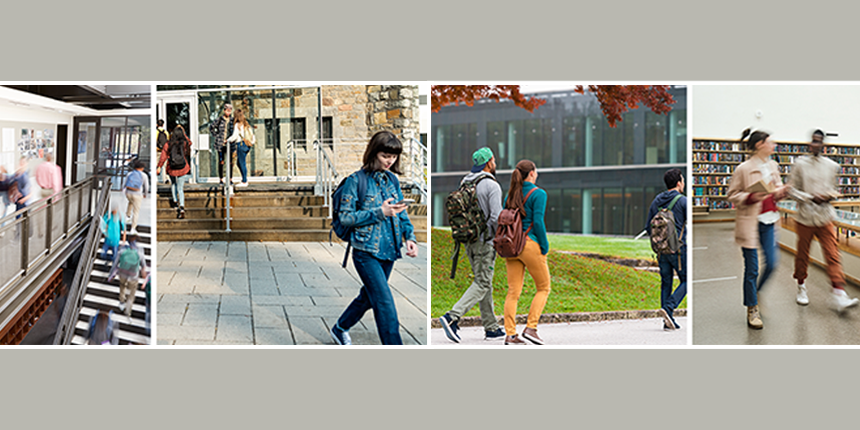

In a new report, former and current Indigenous students, staff, and faculty in engineering faculties across Canada share their lived experiences of being an Indigenous person in engineering education, their perspectives, and their visions for inclusive and just engineering faculties.
The Report on Truth and Reconciliation in Engineering Education was commissioned by Engineers Canada and written by Pam Wolf, P.Eng., Assistant Professor of Teaching at the University of British Columbia (UBC) Department of Civil Engineering, and Nika Martinussen, Arctic Renewable Energy Engineering Research Student at the National Research Council of Canada and a student of Engineering Physics at UBC. Synthesizing the voices of the participants, this preliminary report seeks to understand the truth, roots, and the intersecting forms of the culture of exclusion in engineering academia, but also, the path forward to reconciliation and transforming the engineering academic institution into one in which Indigenous epistemologies, ontologies, and cultures are meaningfully woven into the fabric of the engineering academic system.
Through interviews and surveys with participants, the report synthesizes four themes:
- Resiliency and resurgence: participants identified several barriers to post-secondary engineering education for Indigenous students, including geographical separation between community and the institution, financial requirements, and a lack of Indigenous representation in the engineering profession. However, participants also noted the strength and resiliency of Indigenous people.
- Including cultures, not ethnicity: many participants voiced that they felt a need to assimilate into the dominant Eurocentric engineering academic culture and that a colonial culture prevented them from feeling safe being their authentic selves. The authors note that engineering institutions need to embrace the cultural complexity of the people they serve, and rebuild away from the institutionalized cultural homogeneity and sanitized environment.
- Interweaving Indigenous and empirical worldviews: participants spoke of the need for Indigenous worldviews to be wholistically woven into engineering curricula, as opposed to isolated, granular initiatives sprinkled within the undergraduate programming.
- It always comes back to the land: participants spoke about the importance of the connection to the land when asked how engineering education can become a more just and inclusive place for Indigenous students, faculty, and staff. The experience within engineering programs was expressed to be extremely academically rigorous, but without tangible connection to the land.
Based on the findings of the report’s interviews and surveys, the authors make several recommendations for engineering faculties. These include system change at all levels, including individuals, class curriculum and conversations, research group culture and practices, faculty and institutional policies, and leadership; hiring and partnering with Indigenous people; developing an action plan with guidance from Indigenous team members and resourcing a strategy to eliminate the barriers to Indigenous inclusion; appreciating the different lenses through which Indigenous colleagues may act in and understand the world; and identifying and eliminating economic barriers to Indigenous participation in engineering programs.
Read the full report on Engineers Canada’s website.


